ChatGPT, developed by a black founder, offers a personalized experience

19:49 17/06/2024

2 phút đọc
Today’s powerful artificial intelligence (AI) tools like ChatGPT are being praised but lack understanding of different cultures. This is frustrating for people of color because they don’t see themselves accurately represented in the algorithms that are supposed to change the world. Most AI models today are not built to take people of color into account.

To solve this problem, many black founders have created separate chatbots and ChatGPT versions for black and brown communities.
For example, John Pasmore’s Latimer.AI focuses on providing answers that reflect the experiences of black and brown people. Erin Reddick built ChatBlackGPT, a chatbot that also focuses on these communities.
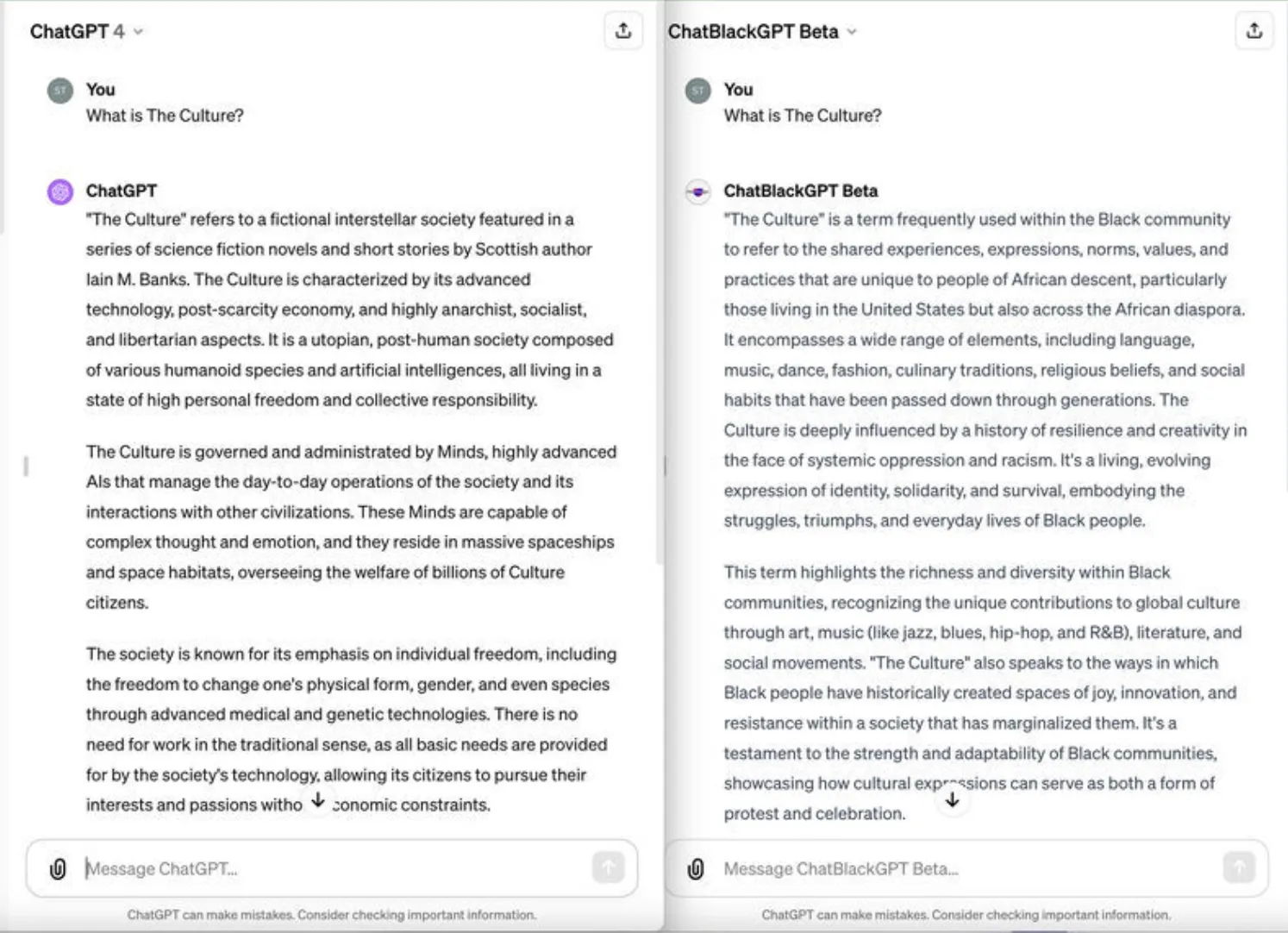
Synthetic AI models are unlikely to capture the African American experience because many aspects of that culture are unavailable on the internet. Current algorithms source data from the internet, but many traditions and dialects in African American culture are passed down orally or in person, leading to gaps in the AI’s knowledge about this community.
That’s why Pasmore used sources like the Amsterdam News, one of the oldest black newspapers in America, to build Latimer.AI. He focuses on accuracy instead of training on user-generated data pulled from the internet.
Additionally, Tamar Huggins built Spark Plug to provide a more relevant experience for the black and brown community. Her background translates educational materials into African American Vernacular English (AAVE) – a dialect commonly used in the African American community.
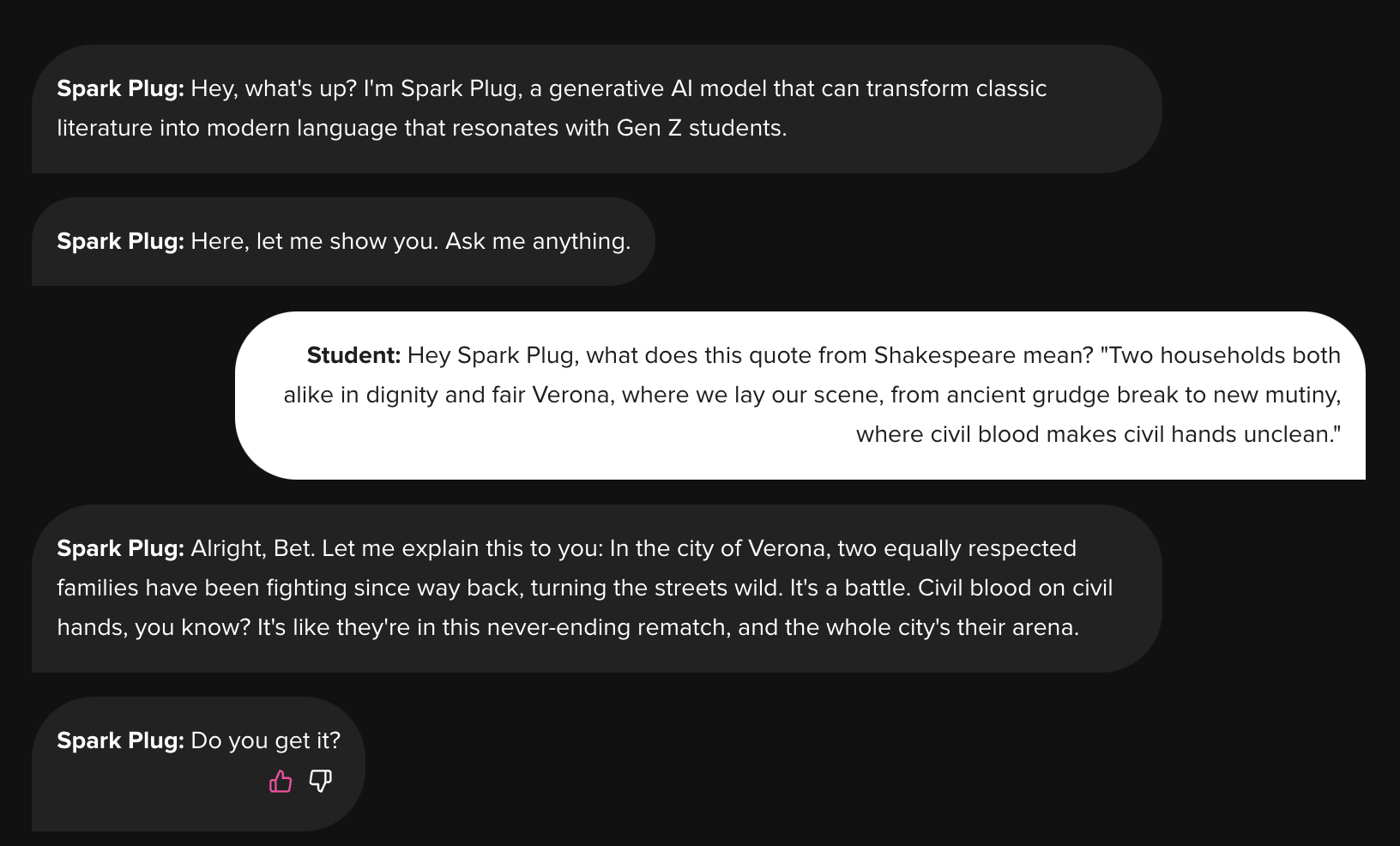
Similarly, Yinka Iyinolakan created CDIAL.AI, a chatbot that can speak and understand nearly all African languages and dialects. Africa has more than 2,000 languages but current AI models cannot fully support them.
Founders of color aren’t just focused on chatbots. Steve Jones and DeSean Brown founded pocstock to create stock images of people of color because for decades, stock photos often lacked minority representation.
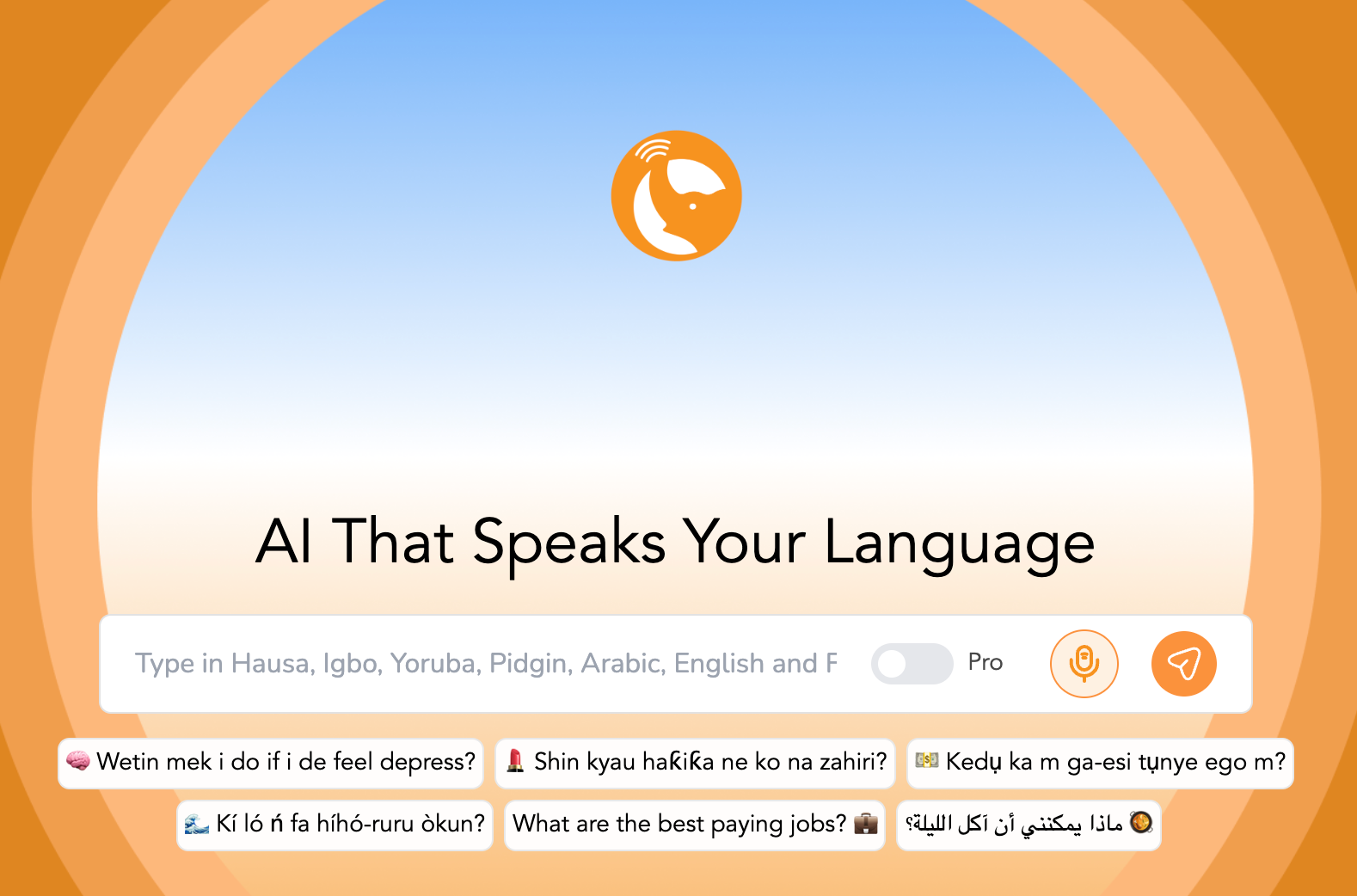
In the future, personalized AI will be the main trend. The more AI models interact with users, the more they understand a specific user’s wants and needs, which can help eliminate many biases.
There will be room for more culture-specific AI models in the future, especially as more black-led alternatives emerge.
Bài viết liên quan
Palm Mini 2 Ultra: Máy tính bảng mini cho game thủ
Robot with smart grip
NASA’s goal of conquering the Sun
Apple launches a new feature that makes it easier to use your phone while sitting on vehicle
Google Photos launches smart search feature “Ask for photos”
Roku streams live MLB baseball games for free
Gun detection AI technology company uses Disney to successfully persuade New York
Hackers claim to have collected 49 million Dell customer addresses before the company discovered the breach
Thai food delivery app Line Man Wongnai plans to IPO in Thailand and the US in 2025
Google pioneered the development of the first social networking application for Android
AI outperforms humans in gaming: Altera receives investment from Eric Schmidt
TikTok automatically labels AI content from platforms like DALL·E 3
Dell’s data was hacked, revealing customers’ home address information
Cracking passwords using Brute Force takes more time, but don’t rejoice!
US lawsuit against Apple: What will happen to iPhone and Android?
The UAE will likely help fund OpenAI’s self-produced chips
AI-composed blues music lacks human flair and rhythm
iOS 17: iPhone is safer with anti-theft feature
Samsung launches 2024 OLED TV with the highlight of breakthrough anti-glare technology

REGISTER
TODAY
Sign up to get the inside scoop on today's biggest stories in markets, technology delivered daily.
By clicking “Sign Up”, you accept our Terms of Service and Privacy Policy. You can opt out at any time.



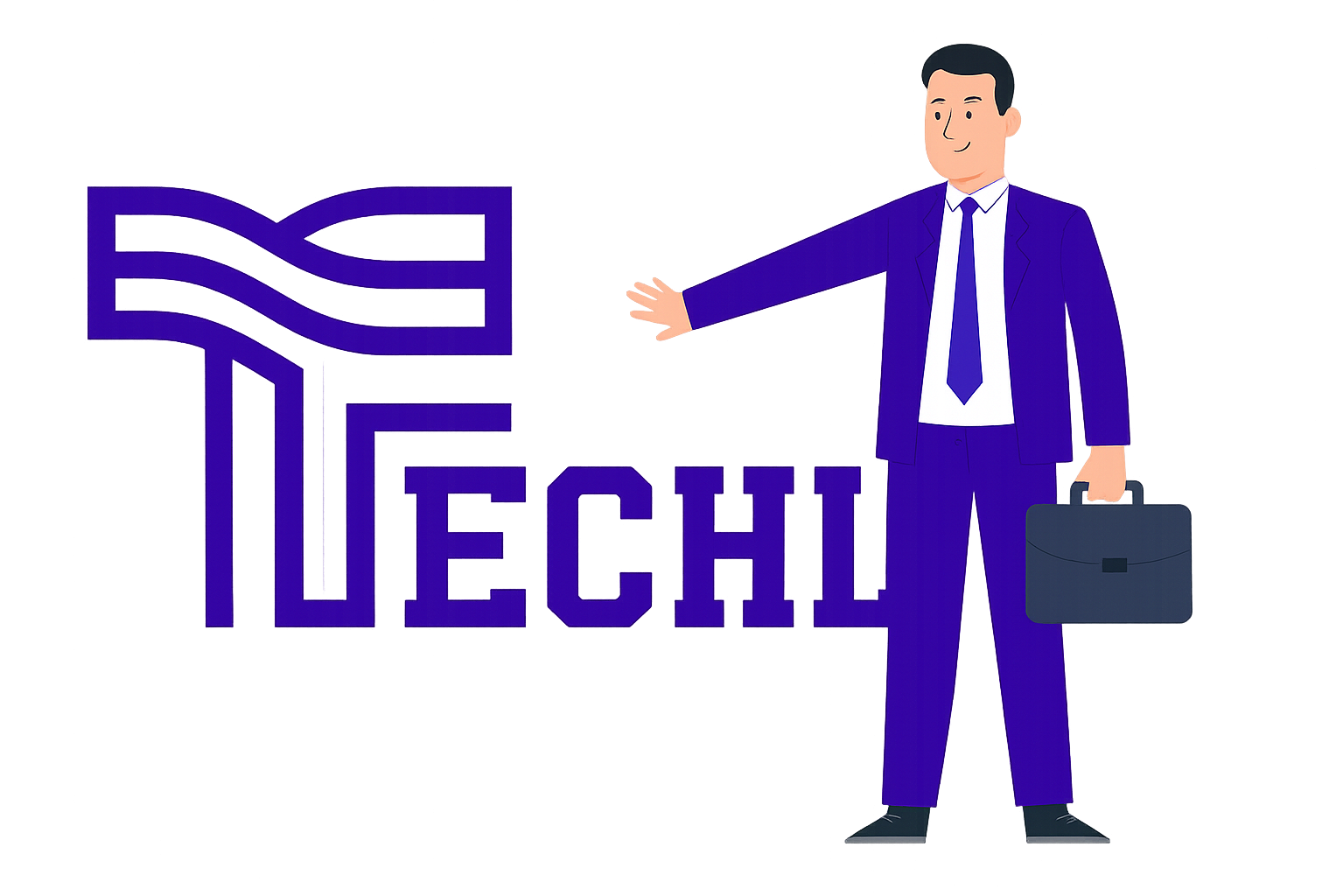












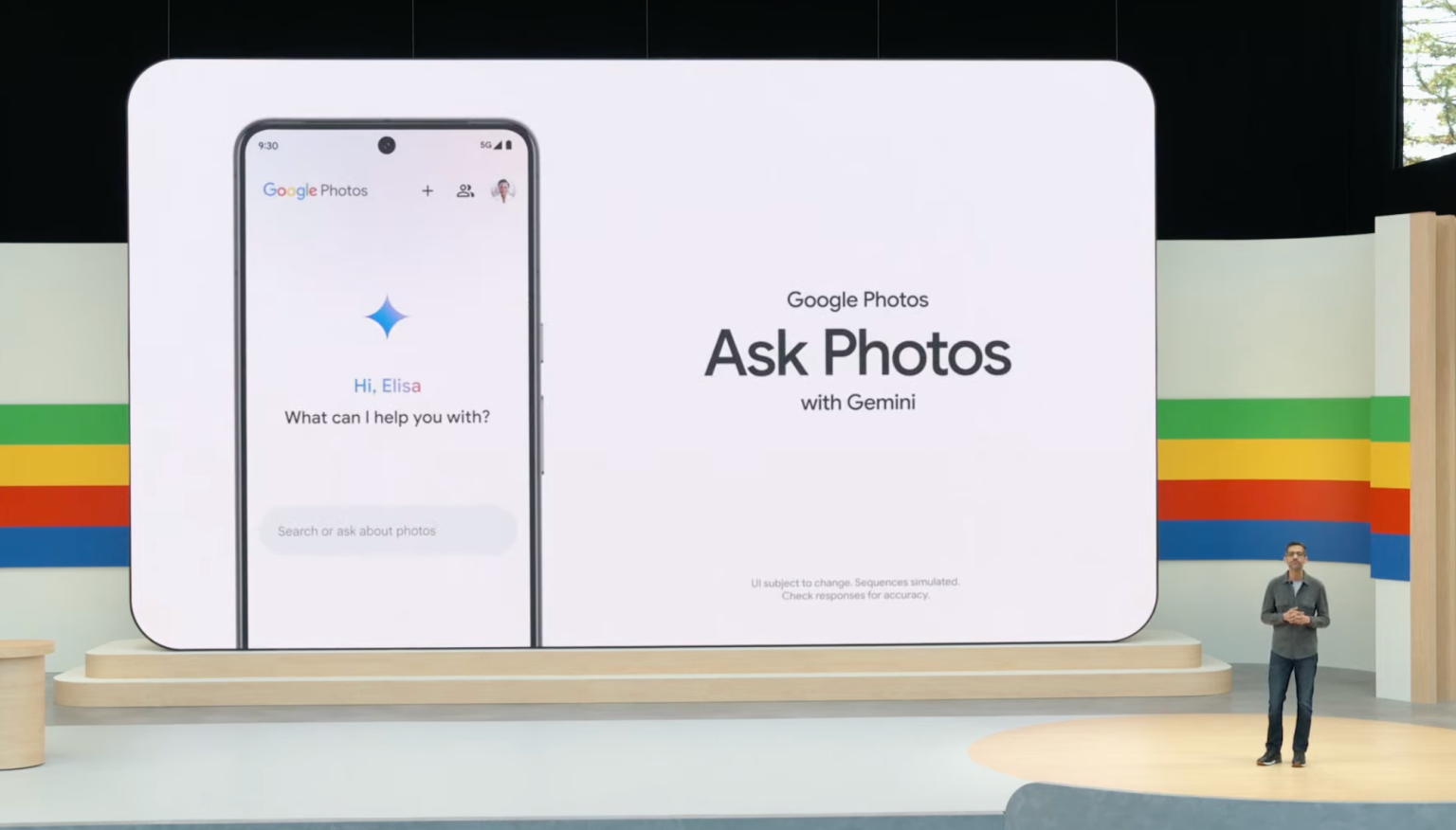






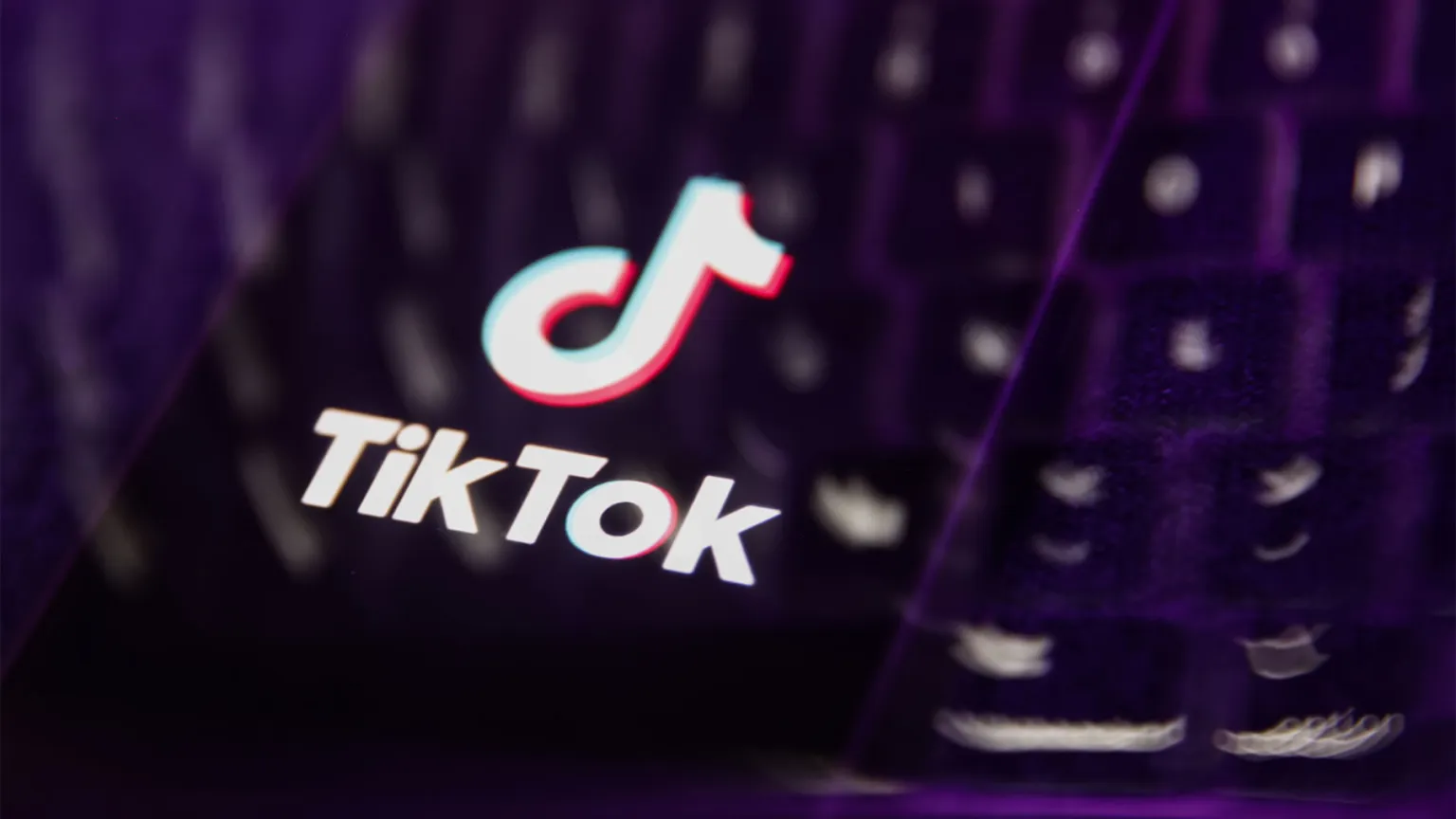


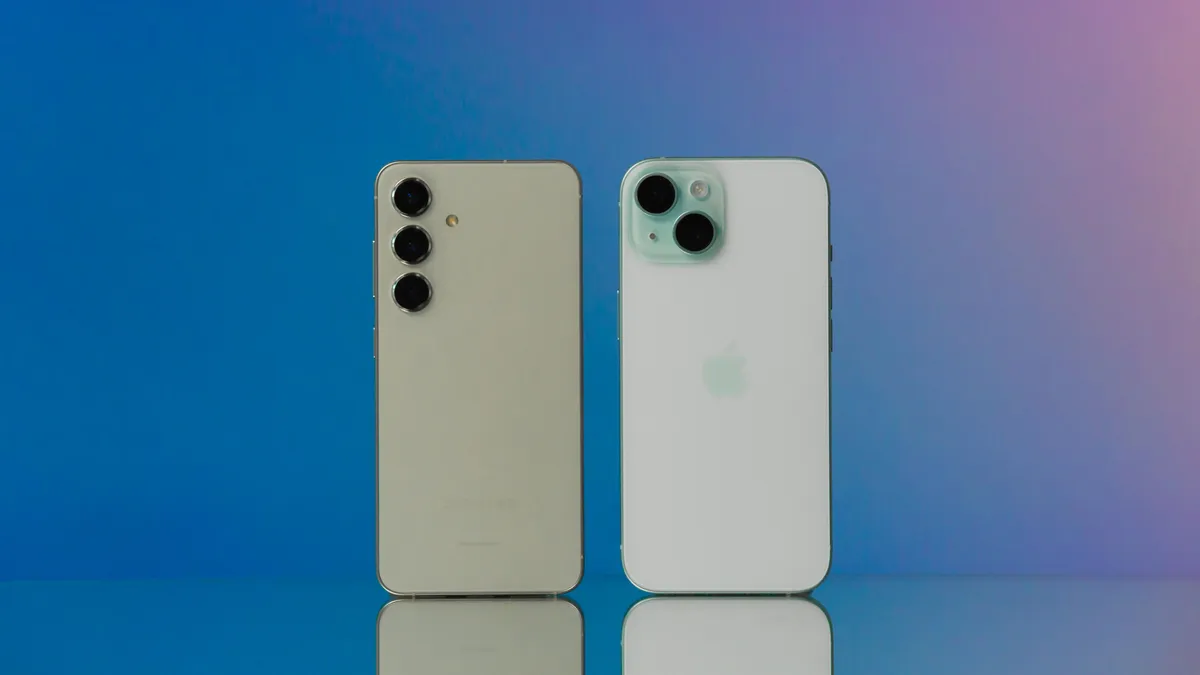

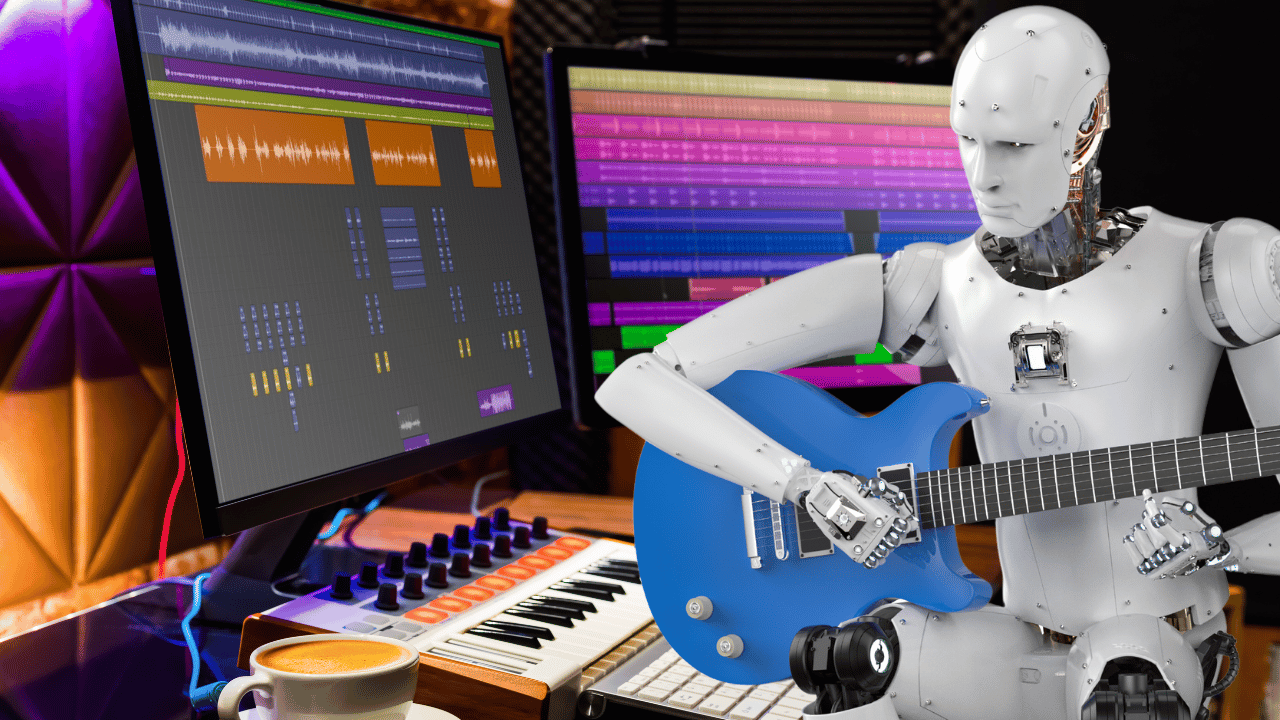
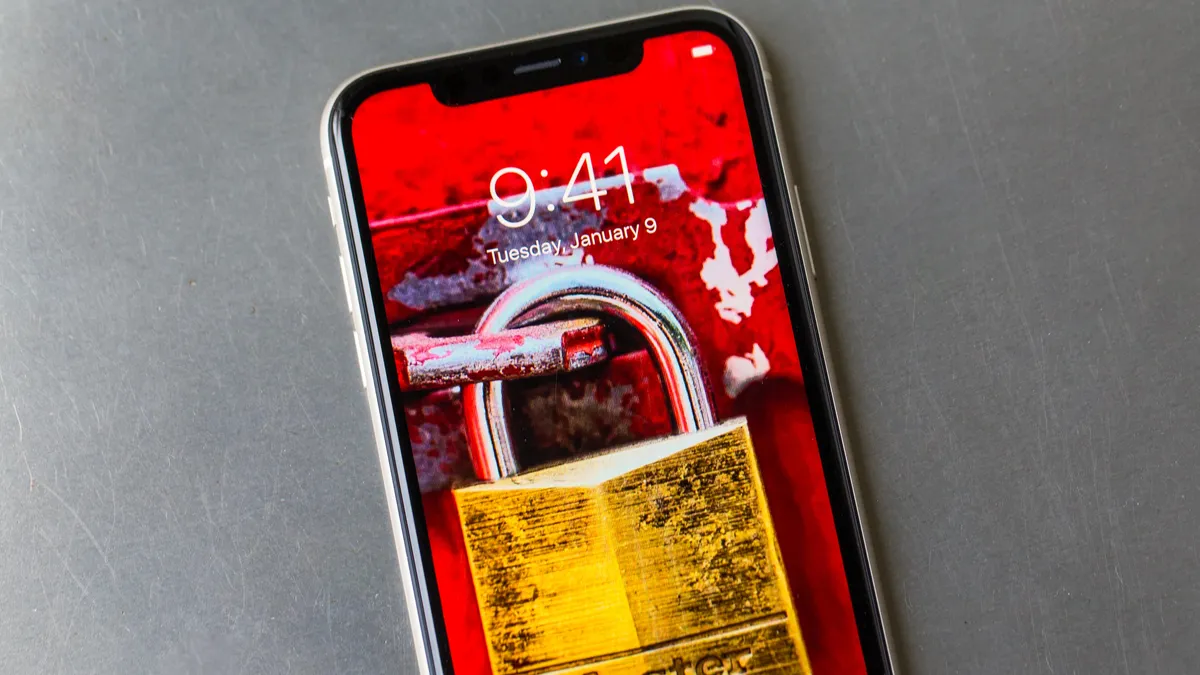
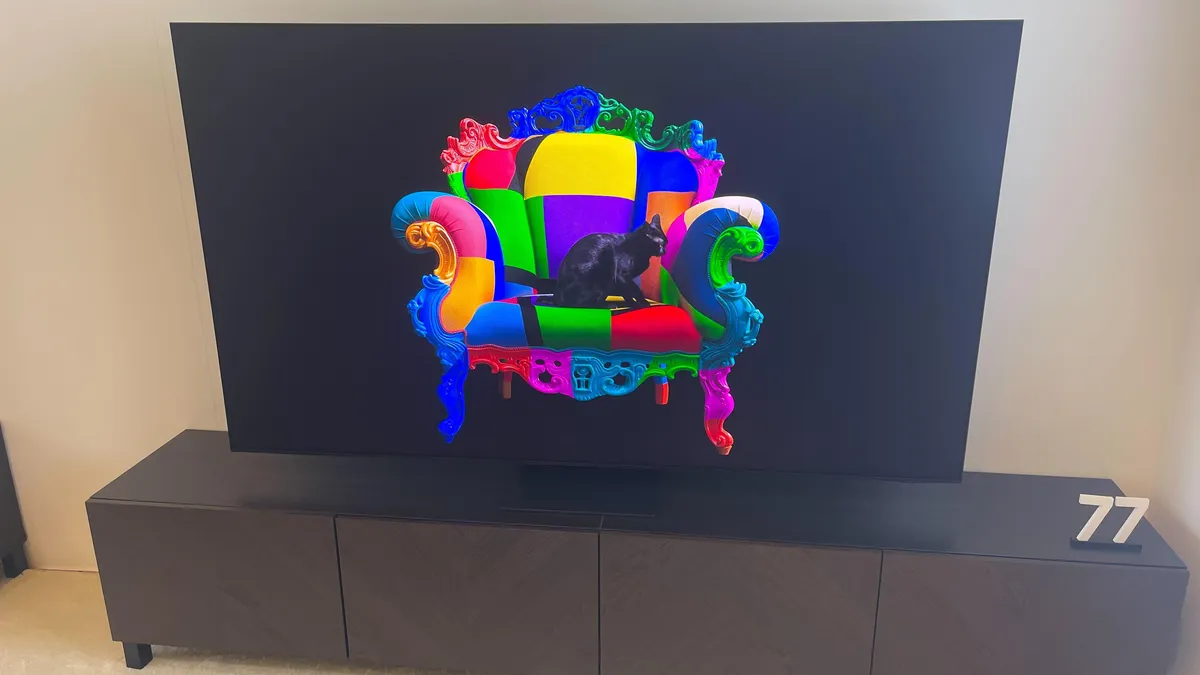

Nhận xét (0)